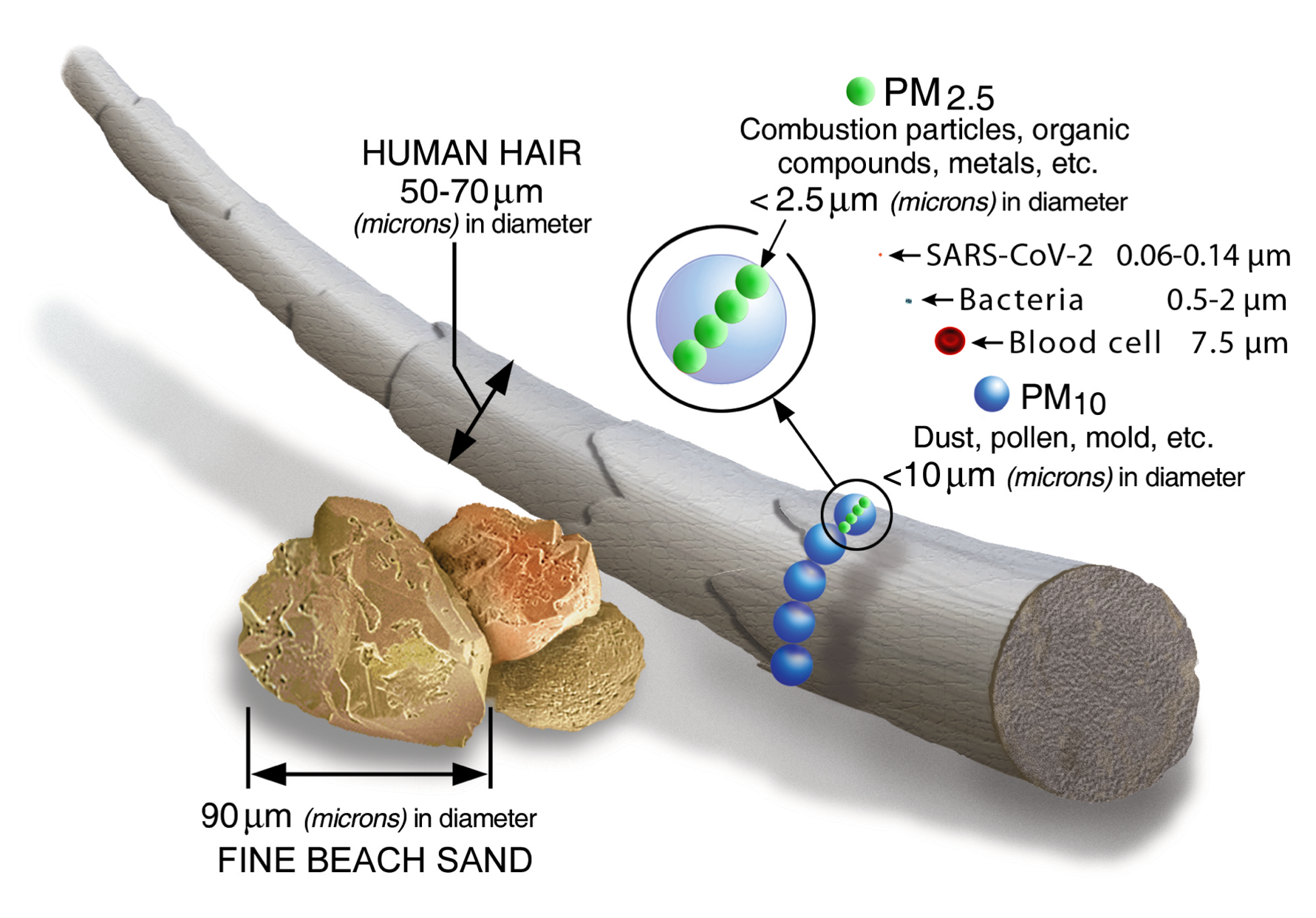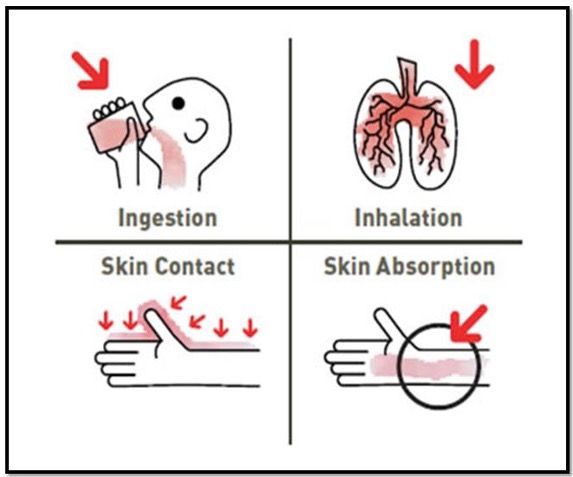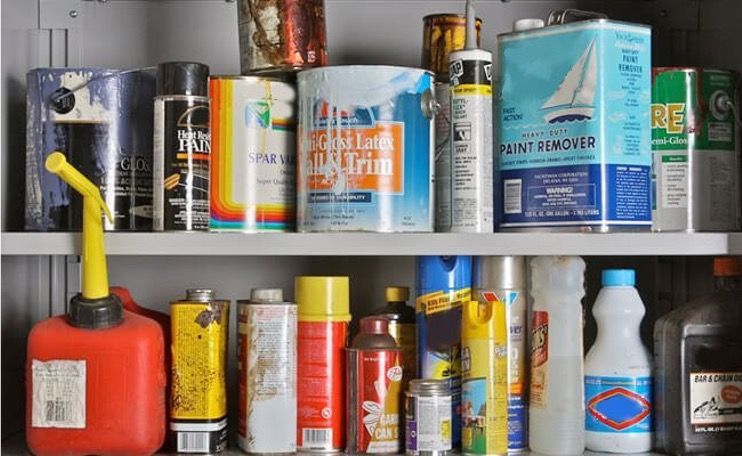Building Healthier Homes from the Inside Out: The Practical Value of BPI Healthy Homes Principles Certificate
This is where the BPI Healthy Homes Principles Certificate comes into play. It is designed for professionals who want to enhance their expertise in home health and safety, focusing on the impact of indoor environments on occupants’ well-being.
In this blog, we’ll explore the principles behind the BPI HHP Certificate, the value it provides in the growing indoor health industry, and the ways in which this knowledge can be practically applied to meet today’s standards for safer, more comfortable homes.
Why Indoor Environmental Health Matters


What Makes HHP Certificate Different?
Professionals who earn this Certificate are empowered to apply a holistic approach, addressing all factors that might impact indoor environments. From improving ventilation to mitigating mold risks, they can tackle these issues with knowledge and confidence.
Core Principles of a Healthy Housing
- Dryness
Moisture control is foundational for a healthy home. Unchecked water leaks, damp basements, and other moisture issues encourage mold and mildew, creating health risks and weakening structural elements. Certified professionals learn how to address and prevent moisture issues, keeping homes dry and resilient.
- Cleanliness
Cleanliness affects both comfort and health. Dust, allergens, and particulates in the air can reduce air quality and trigger health problems. This principle emphasizes practices like dust control, regular cleaning schedules, and the use of low-toxicity cleaning agents.
- Pest Control
Pests are more than unwanted guests—they bring diseases, cause structural damage, and contribute to indoor allergens. Integrated Pest Management (IPM), a sustainable approach to pest control that avoids heavy chemical use, is a key focus in creating a healthy home.
- Safety
Home safety hazards like uneven flooring, loose stair railings, or inadequate lighting can cause accidents and injuries. This principle emphasizes simple, preventive measures to create a safe home environment, especially for vulnerable populations like children and seniors.
- Contaminant Control
Harmful contaminants like lead, radon, and asbestos may not be immediately visible but pose serious health risks. This principle emphasizes proactive testing and addressing these “silent threats” to ensure a contaminant-free living space.
- Ventilation
Proper ventilation is vital for reducing indoor air pollution and ensuring air exchange, which affects everything from comfort to long-term respiratory health. BPI-certified professionals are trained in optimizing ventilation systems to support better air quality and overall health.
- Regular Maintenance
Routine maintenance isn’t just about keeping a home looking nice; it’s about preserving safety, efficiency, and health. Regular upkeep, like sealing leaks, repairing HVAC systems, and addressing wear and tear, keeps homes operating efficiently and safely.
- Thermal Comfort
Stable, comfortable indoor temperatures improve both comfort and health, reducing the risk of respiratory issues and promoting better sleep. By maintaining consistent temperatures, professionals create spaces where people can live comfortably year-round.
Key Benefits of the BPI Healthy Homes Certificate
Completing the healthy building Certificate goes beyond technical skills. Here are the benefits this Certificate brings to professionals and the communities they serve:
1. Credibility and Recognition
Earning the BPI Healthy Homes Principles (HHP) Certificate is a recognized achievement in both the home performance and healthcare sectors. As homes impact occupant health, professionals with a HHP Certificate demonstrate a deep commitment to the highest standards in building safety, energy efficiency, and occupant health. This credibility helps set you apart in the industry, making your expertise highly sought after in both residential and healthcare applications.
2. Comprehensive Understanding of Indoor Health Risks
The BPI HHP Certificate combines building science with health-focused principles, covering allergens, toxins, and pollutants. This includes identifying triggers for asthma and allergies, as well as addressing “poisons” such as carbon monoxide, radon, lead, and asbestos. This holistic approach ensures certified professionals can assess and improve every element of a home’s health, addressing both current and historic hazards to ensure comprehensive safety.
3. Economic Benefits for Professionals and Clients
Professionals with BPI certifications can provide clients with actionable steps to reduce energy costs and improve indoor air quality, ultimately enhancing property value. By implementing the knowledge gained, you can help clients save on utilities, improve their well-being, and increase their home’s marketability—all of which contribute to long-term financial benefits.
Who Can Benefit from BPI Healthy Homes Certificate?
The BPI Healthy Homes Principles Certificate benefits various professionals and is invaluable for:
- Energy Auditors and HVAC Specialists
By bridging energy efficiency and health considerations, certified professionals can offer enhanced services that are both environmentally conscious and health-oriented.
- Property Managers and Real Estate Professionals
Homes that prioritize wellness are increasingly in demand. Real estate professionals with knowledge of healthy home practices can better guide clients toward safer living environments and differentiate their services.
- Homeowners and Building Enthusiasts
For homeowners passionate about creating a healthier home, this BPI HHP Certificate provides actionable insights for smarter, wellness-oriented improvements.
Key Features of the Certificate Training
- On-Demand Content + Bundled Exam: Access 7 hours of training anytime, along with a flexible on-demand, non-proctored, open-book exam.
- Expert Instructors: Learn from BPI-certified instructors with decades of industry experience.
-
Continuing Education Units (CEUs): Earn 15 BPI CEUs—7 from the course and 8 from the exam.
- Sample Test Questions: Practice with dozens of sample questions to build confidence before the exam.
- Printable Certificate: Receive a certificate upon completion to upload for CEUs.
- No Field Exam Requirement: Enjoy the convenience of no in-field verification.
- Bundling Options: Save by bundling the EnergyScore® HHP Training with the BPI HHP Certificate Exam.
- Indoor Air Quality (IAQ): Learn to manage pollutants like mold, radon, and carbon monoxide.
- Contaminant Awareness: Identify and address lead, asbestos, and other household hazards.
- Ventilation and Filtration: Optimize airflow and prevent gas buildup.
- Pest Control: Tackle infestations from mites, bedbugs, and cockroaches.
- Safety Training: Focus on fall hazards and electrical safety to reduce accidents.
A Path to Healthier Living Starts Here
The BPI Healthy Homes Principles Certificate empowers professionals with the skills to make homes not just energy-efficient but truly health-conscious. This Certificate goes beyond the basics, covering critical topics like air quality management, contaminant control, and pest prevention, providing an all-in-one toolkit for creating safer, healthier, and more comfortable living spaces.

As indoor health becomes a top priority, now is the perfect time to elevate your career and meet the rising demand for home health expertise. Take the next step in your professional journey with EnergyScore’s BPI Healthy Homes Principles Certificate and be part of the movement toward healthier homes and happier occupants.
